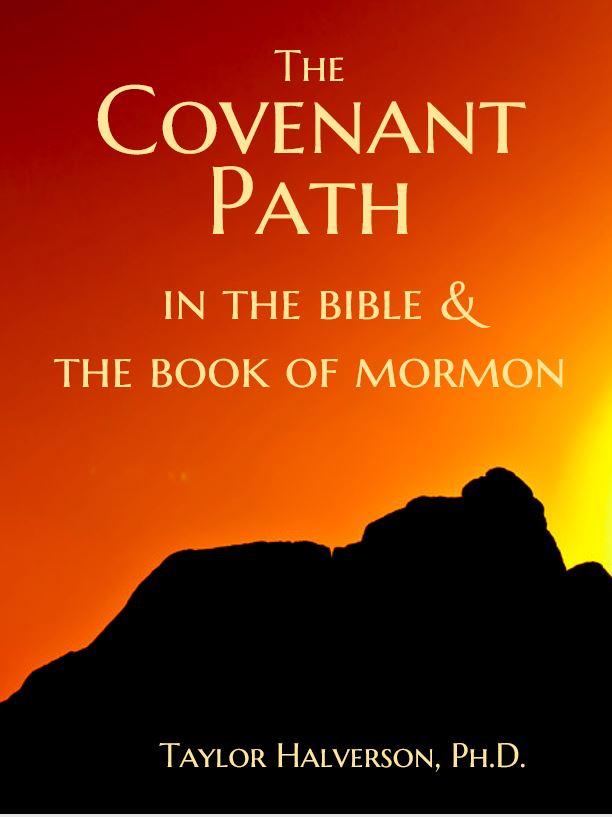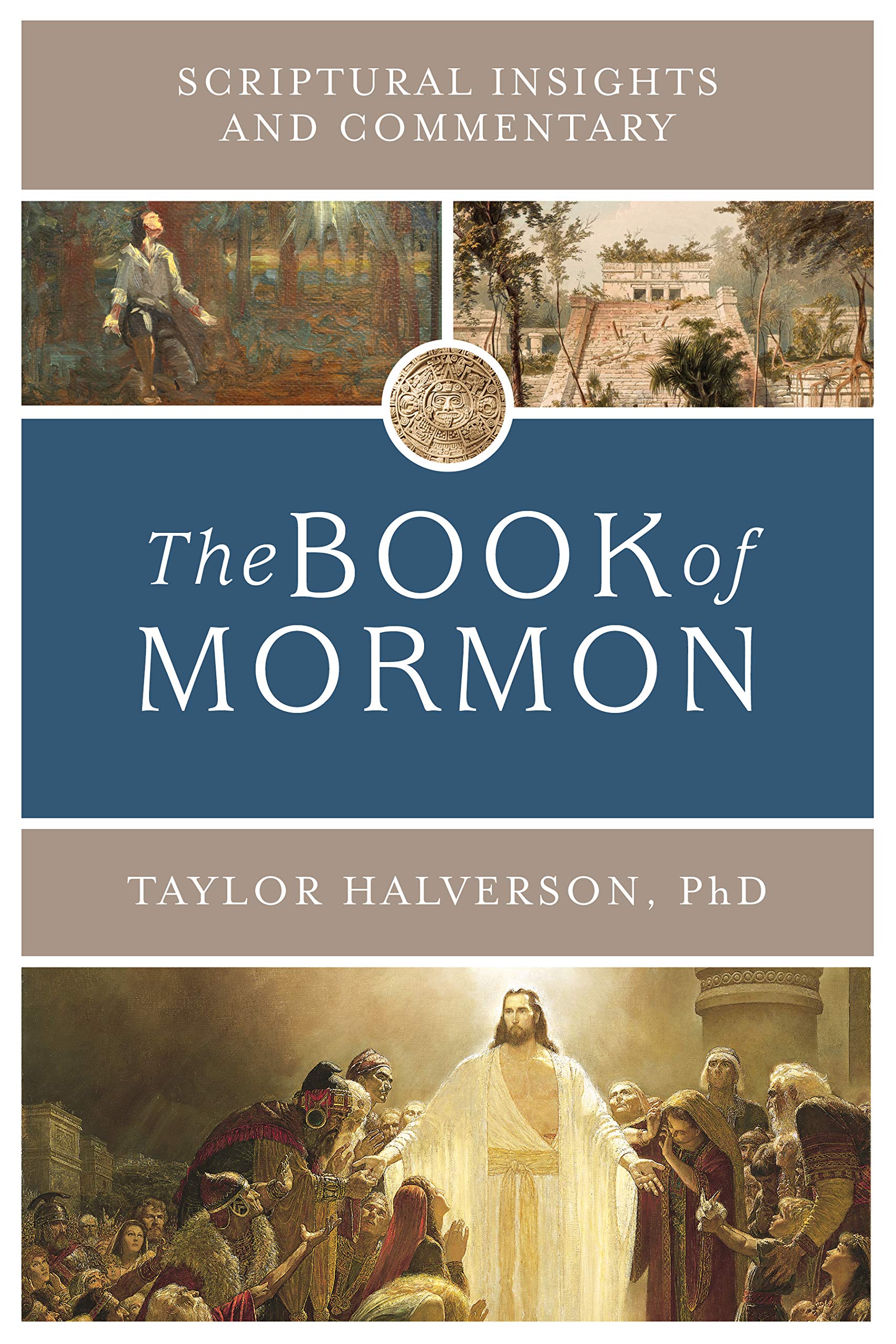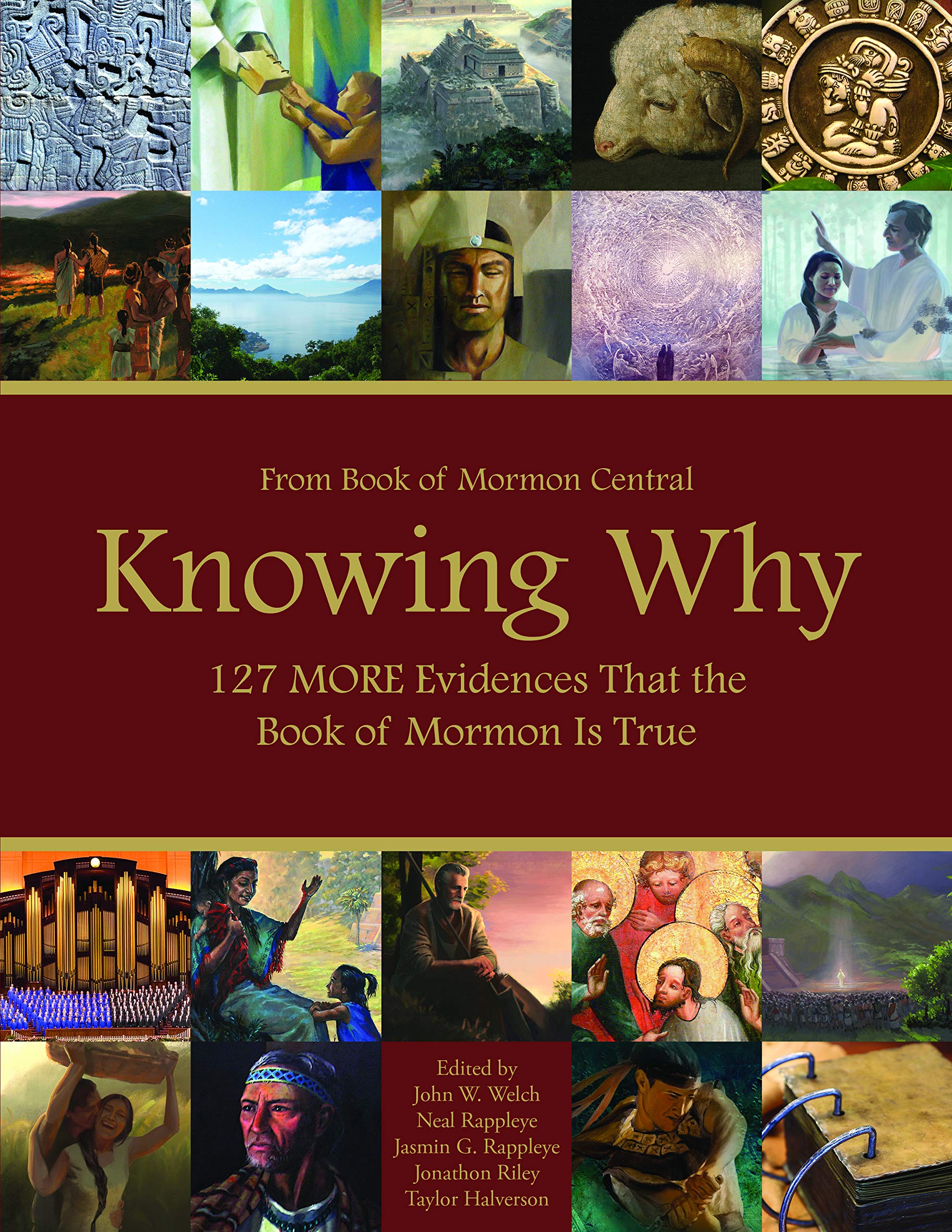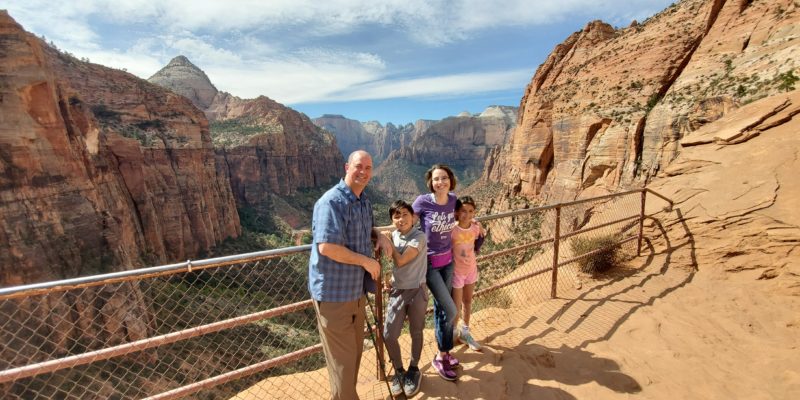Have you ever used a template to create something, or to guide your actions, or to provide you a pattern?
I find it significant that the word temple and template come from the same ancient word. They both refer to patterns and guides that help you create or experience.
God gives us temples. And temples serve as patterns or guides for our lives. Temples are based on heavenly patterns pointing our minds to the celestial order of God’s plan. We enter temples to leave the patterns of the world behind so that our souls will be renewed through encountering heavenly patterns.
Temples are Artificial Mountains
Temples are artificial mountains, where heaven and earth are drawn close together. Mountain tops, in ancient times, were frequented by holy men and women seeking God. Until recent history, mountain tops were the wilderness, wild places, untouched by human civilization, uncorrupted by human influence.
In ancient times when God wanted to be in covenantal relationship with His people, He asked them to leave cities and civilization.
The Israelites fled the human-built civilization of Egypt for the wild howling places of Mount Sinai where there they were saved by God in a covenantal relationship.
Lehi’s tribe fled the human-built and corrupted civilization at Jerusalem for the purity of the wild spaces in the wilderness. There they were fully and entirely dependent upon the God of the universe. Without trusting God, they would have remained lost and famishing in the wilderness. Instead, because of their faith, they found strength and they found God.
In the early days of the Restoration and led by a modern day Moses (Brigham Young), the Saints of God fled civilization for the wild places of the American West where they needed God always and in everything.
Do we feel so today?
God Is in the Wilderness
God loves the wilderness, for there His people more fully see Him and feel their need for Him. In cities and civilizations, humans have replaced God with all sorts of inventions and solutions and answers. Who needs God when Google can answer any question and Amazon and Door Dash can meet all your needs? Only in the wilderness are we totally and wholly dependent upon God. (OK, the modern invention of REI, Cabela’s and RVs may complicate my argument a bit, but you see the point.)
Temples are replica mountain tops, replicas of the wilderness that remind us and show us that we are fully dependent upon God. But it isn’t simply that God want us to feel and experience our need for Him. He wants us to desire Him. He wants to be our God and He wants us to be His people, “This is the covenant that I will make with the house of Israel…declares the Lord: I will put my law within them, and I will write it on their hearts. And I will be their God, and they shall be my people.” (Jeremiah 31:33.)
The Book of Revelation is a Temple Text
The Book of Revelation is a temple text. The Book of Revelation points the clued-in reader’s mind to the patterns of God found in the temple. Examples of passages that reflect the temple are these [This list modified from NIV Cultural Backgrounds Study Bible page 2230].
- The Ark of the Covenant that contained the record of God’s covenant with His people made at Sinai (see Exodus 25:10; Revelation 11:19).
- The Tabernacle, the mobile tent in the wilderness (Exodus 25:9; Revelation 15:5).
- The altars of incense and sacrifice (Exodus 27:1-2; 30:1, Revelation 6:9; 8:3-5; 9:13).
- The brazen sea or huge wash basin (1 Kings 7;23-25, 39, 44; Revelation 4:6; 15:2).
- The lamp stands that glowed continuously with light from olive oil (1 Chronicles 25:1, 6; Revelation 14:2; 15:2).
What else do you see in the Book of Revelation that teaches you of the temple?
More from Taylor Halverson
My latest book The Covenant Path in the Bible and the Book of Mormon is now available at Amazon and Deseret Book!
- What is the covenant path?
- How do we chart the covenant path in the Book of Mormon and the Bible?
- What does “it is by grace that we are saved, after all we can do” mean in a covenantal context?
- What does Jesus mean when he says “be ye therefore perfect, even as your Father in heaven is perfect?” How is this covenantal language?
- What does the phrase “The God of Abraham, Isaac, and Jacob” mean as covenantal language?
- and much more!
NEW BOOK FOR SINGLES!
Are you a single member of the Church or know someone who is? Then this book is for you! Packed with beautiful insights from a variety of trusted voices: Susan Easton Black, Michael Wilcox, Al Fox Carraway and many more. Click here for more info.
Two of my recent books are now available!












